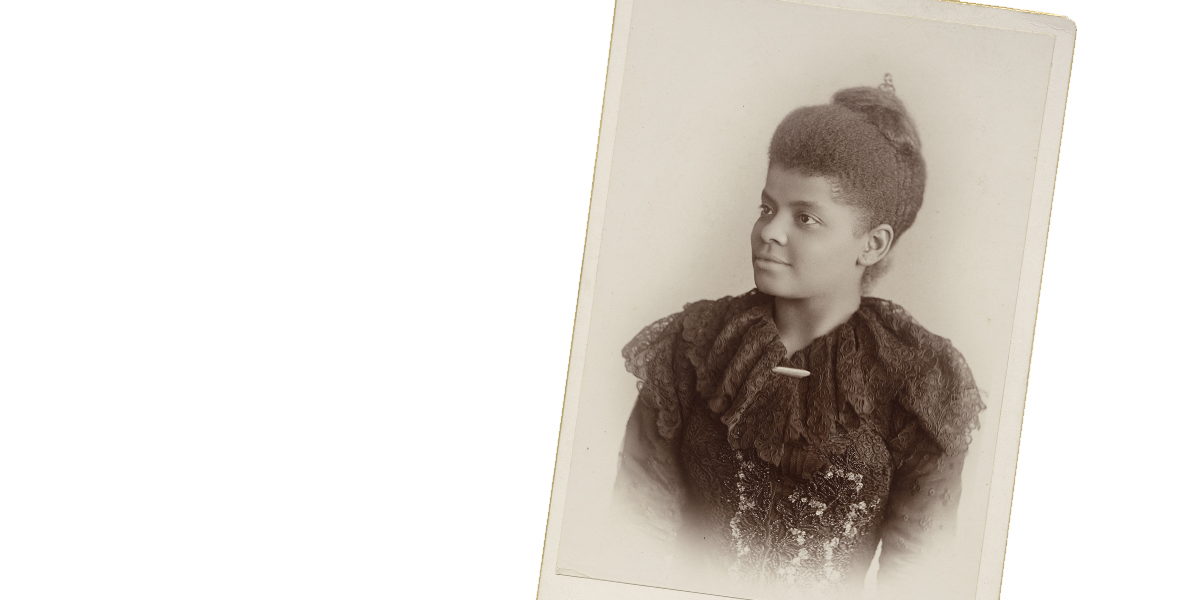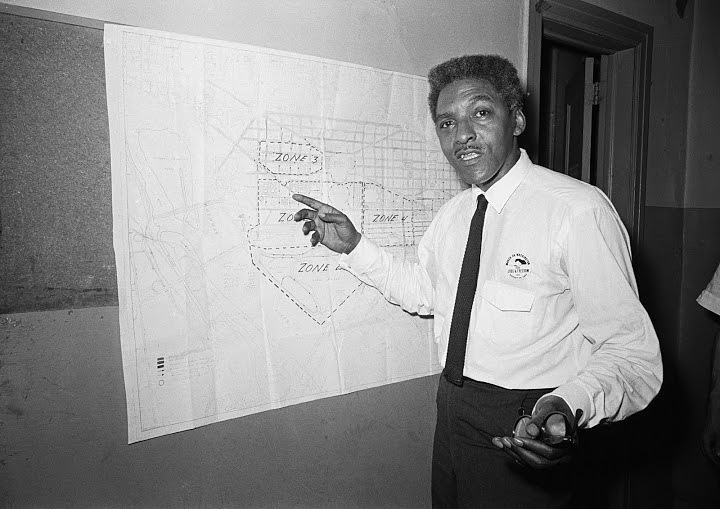On June 19, 1865, the U.S. Army arrived in Texas and issued General Orders, Number 3, proclaiming that all enslaved people in the state were free. The announcement made freedom a reality and came to be known as Juneteenth. https://nmaahc.si.edu/blog-post/historical-legacy-juneteenth
The Emancipation Proclamation legally ended slavery in the states in rebellion two years earlier, but wasn’t implemented in places under rebel control like Texas.
Some slave owners fled to Texas, forcing enslaved people to come with them, evading the army and freedom’s reach.
Some slave owners fled to Texas, forcing enslaved people to come with them, evading the army and freedom’s reach.
Later that year, the 13th Amendment abolished slavery throughout the United States. But freedom did not translate to the full promise of citizenship for African Americans—far from it.
Codifying the rights of formerly enslaved people, Congress added two amendments.
The 14th Amendment promised equal protection of laws.
The 15th Amendment stated the right to vote could not be denied due to “race, color or previous condition of servitude.” https://americanhistory.si.edu/blog/right-to-vote
The 14th Amendment promised equal protection of laws.
The 15th Amendment stated the right to vote could not be denied due to “race, color or previous condition of servitude.” https://americanhistory.si.edu/blog/right-to-vote
The 15th Amendment is part of a long fight for the right to vote. https://americanhistory.si.edu/blog/black-male-suffrage
Reconstruction, the years following the Civil War, marked a period of hope and opportunity for many African Americans, including and in addition to the amendments. Eight black men served together in the U.S. Congress in 1875, a number that wouldn’t be matched until 1969.
However the growth of Reconstruction was short lived.
By the end of the 1800s, state governments adopted new laws and regulations that often did not directly reference race but still kept African American men from the polls and dismantled the gains of Reconstruction.
By the end of the 1800s, state governments adopted new laws and regulations that often did not directly reference race but still kept African American men from the polls and dismantled the gains of Reconstruction.
African American voters were kept from the polls through a variety of tactics. Many states passed new laws and Constitutions to keep African Americans from political participation—both by law and by sanctioning violence and intimidation.
In addition to laws, violence, intimidation, restrictions like poll taxes, literacy tests, & whites-only primaries were used to keep African Americans from the polls.
 : Poll tax receipt, 1935
: Poll tax receipt, 1935
 : Poll tax receipt, 1935
: Poll tax receipt, 1935
These methods of disenfranchisement and intimidation were disastrously effective.
In Louisiana, where more than 130,000 African American voters had been registered in 1896, the number had plummeted to 1,342 by 1904.
In Louisiana, where more than 130,000 African American voters had been registered in 1896, the number had plummeted to 1,342 by 1904.
Racism at the polls and in public life was not just a Southern issue.
This ballot is from the race for governor of Ohio in 1867 leads with “No Negro Equality!” and told voters to vote against the 15th Amendment.
This ballot is from the race for governor of Ohio in 1867 leads with “No Negro Equality!” and told voters to vote against the 15th Amendment.
For many African Americans, the fight to claim the full promise of citizenship continues today.
Shelby v. Holder (2013) declared part of the Voting Rights Act unconstitutional, while voter suppression efforts have continued.
Shelby v. Holder (2013) declared part of the Voting Rights Act unconstitutional, while voter suppression efforts have continued.
As we mark #Juneteenth  today, we’ll share the stories of people who’ve fought for the full promise of citizenship—of liberty and justice for all—long after that first Juneteenth.
today, we’ll share the stories of people who’ve fought for the full promise of citizenship—of liberty and justice for all—long after that first Juneteenth.
 today, we’ll share the stories of people who’ve fought for the full promise of citizenship—of liberty and justice for all—long after that first Juneteenth.
today, we’ll share the stories of people who’ve fought for the full promise of citizenship—of liberty and justice for all—long after that first Juneteenth.
A. Philip Randolph waged a lifelong battle against injustice. He founded the Brotherhood of Sleeping Car Porters in 1925, created the National Negro Congress in 1936, served as vice president of the AFL-CIO in the 1950s, and organized the Negro American Labor Council in 1959.
Educator, journalist, and activist, Mary Church Terrell fought for civil rights and women’s rights. As an advocate for woman suffrage, she protested alongside the "Silent Sentinels" who picketed the White House.
Terrell pressed white suffragists to support African American women's right to vote, and she continued the fight to secure black women’s access to the ballot after the ratification of the 19th Amendment.
[ : Scurlock Studios Records, Archives Center]
: Scurlock Studios Records, Archives Center]
[
 : Scurlock Studios Records, Archives Center]
: Scurlock Studios Records, Archives Center]
Terrell was a lifelong advocate for equality and opportunity.
In her 80s, Terrell sat at a segregated lunch counter and took the establishment who refused to serve her to court. https://www.smithsonianmag.com/history/how-one-woman-helped-end-lunch-counter-segregation-nations-capital-180959345/
In her 80s, Terrell sat at a segregated lunch counter and took the establishment who refused to serve her to court. https://www.smithsonianmag.com/history/how-one-woman-helped-end-lunch-counter-segregation-nations-capital-180959345/
She was born before Emancipation.
She lost her parents in an epidemic an fought to keep her family together.
Undeterred Ida B. Wells-Barnett spent her life fighting injustice.
Through her investigative journalism, she brought national attention to the horrors of lynching.
She lost her parents in an epidemic an fought to keep her family together.
Undeterred Ida B. Wells-Barnett spent her life fighting injustice.
Through her investigative journalism, she brought national attention to the horrors of lynching.
 Published about lynching and massacres
Published about lynching and massacres Helped found the NAACP
Helped found the NAACP Fought segregation in court
Fought segregation in court Founded ground-breaking women's clubs
Founded ground-breaking women's clubs Ran for office
Ran for office...and much more
The reach and impact of Ida B. Wells-Barnett's work is too great to tweet. More: https://twitter.com/i/events/1272599705495666690
Bayard Rustin was one of the most gifted and experienced organizers in the Civil Rights Movement. He helped introduce nonviolent techniques, participated in the first freedom rides, was a leading strategist of the Montgomery bus boycott, & helped organize the March on Washington
Because he was a former member of the Communist Party in the 1930s, a conscientious objector during World War II, and openly homosexual, many saw him as too controversial to play such a prominent role in the March on Washington.
More about Rustin: https://americanhistory.si.edu/changing-america-emancipation-proclamation-1863-and-march-washington-1963/1963/planning-march
More about Rustin: https://americanhistory.si.edu/changing-america-emancipation-proclamation-1863-and-march-washington-1963/1963/planning-march
In 1961, less than 7% of black Mississippians eligible to vote were registered. They were often kept from polls through violence, intimidation, and more.
Rosie Head joined the Civil Rights Movement registering people to vote—four years before she would be able to vote herself.
Rosie Head joined the Civil Rights Movement registering people to vote—four years before she would be able to vote herself.
Under Jim Crow, African Americans paid taxes for the amenities that white people enjoyed but they themselves were barred from using.
Many African Americans, like Harold Cotton, paid "second taxes," funding their own schools, their own parks, etc. https://americanhistory.si.edu/blog/freedoms-tally-african-american-business-jim-crow-south
Many African Americans, like Harold Cotton, paid "second taxes," funding their own schools, their own parks, etc. https://americanhistory.si.edu/blog/freedoms-tally-african-american-business-jim-crow-south
In 1974, Tallulah Morgan and fourteen other parents of African American schoolchildren filed a lawsuit against the president of the Boston School Committee, fighting back against segregation in Boston schools. https://americanhistory.si.edu/blog/rethinking-busing-boston

 Read on Twitter
Read on Twitter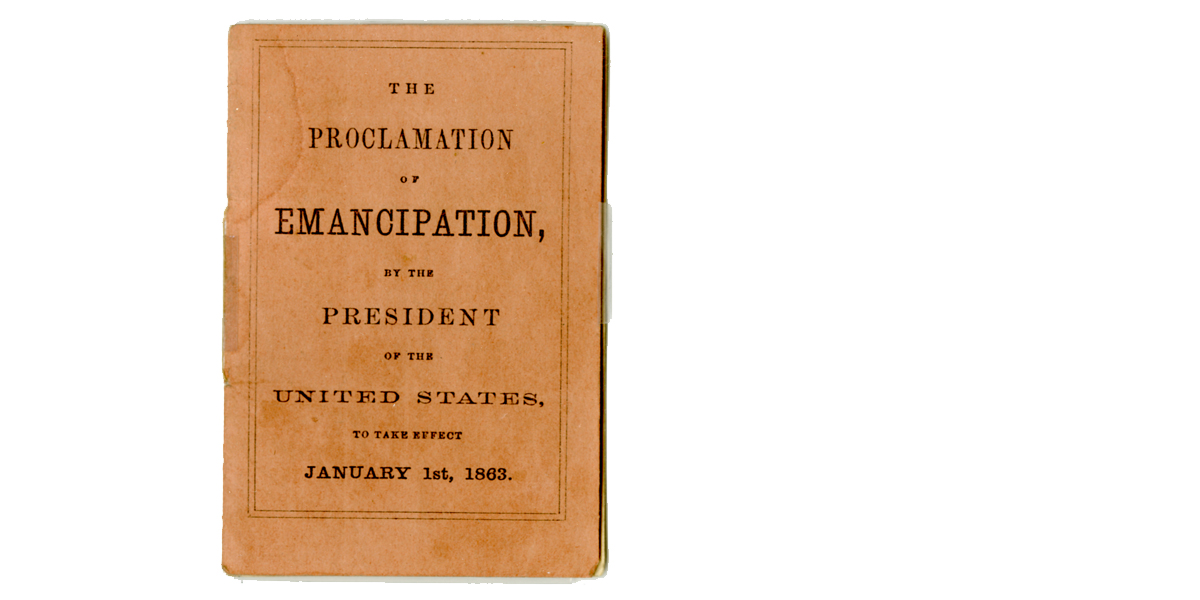
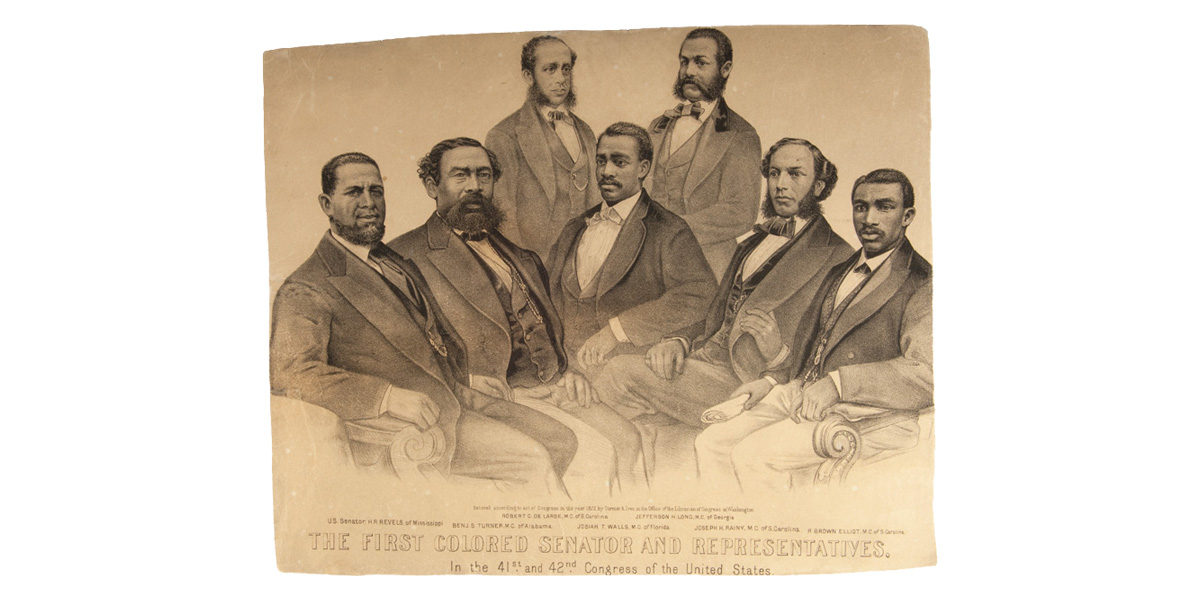
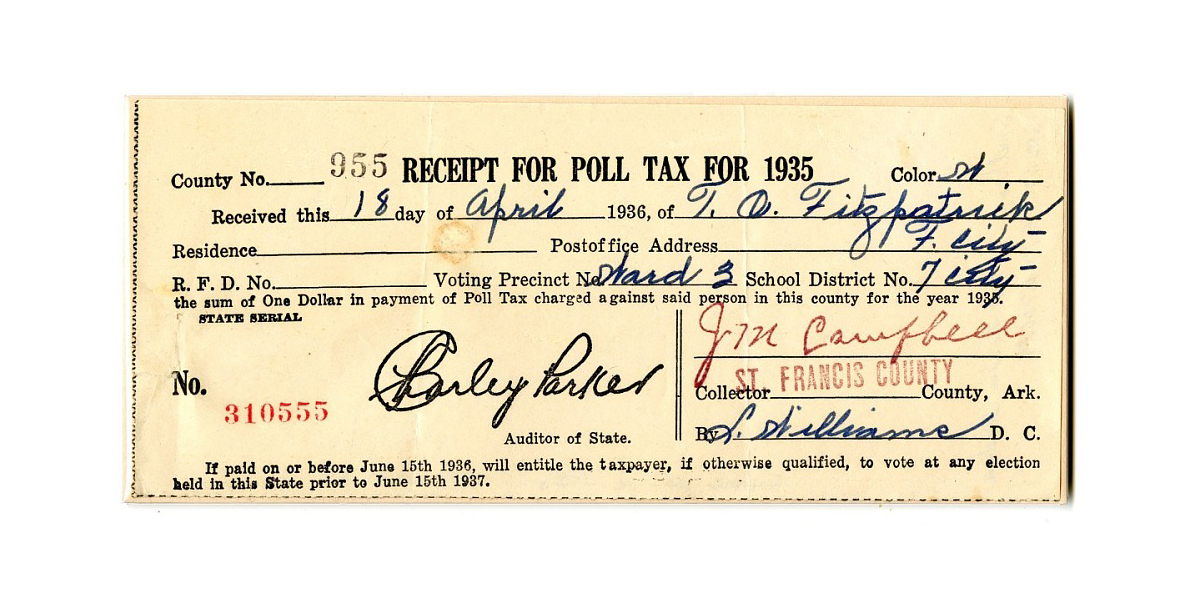

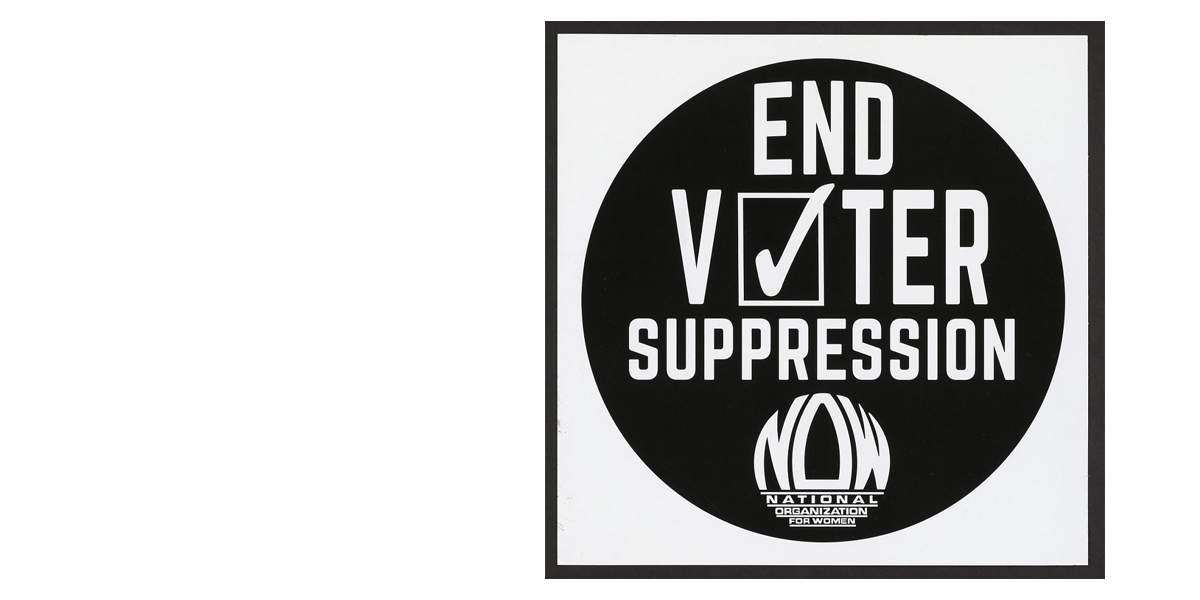

![Terrell pressed white suffragists to support African American women's right to vote, and she continued the fight to secure black women’s access to the ballot after the ratification of the 19th Amendment. [: Scurlock Studios Records, Archives Center] Terrell pressed white suffragists to support African American women's right to vote, and she continued the fight to secure black women’s access to the ballot after the ratification of the 19th Amendment. [: Scurlock Studios Records, Archives Center]](https://pbs.twimg.com/media/Ea5Y-uoWkAAS-4t.jpg)
